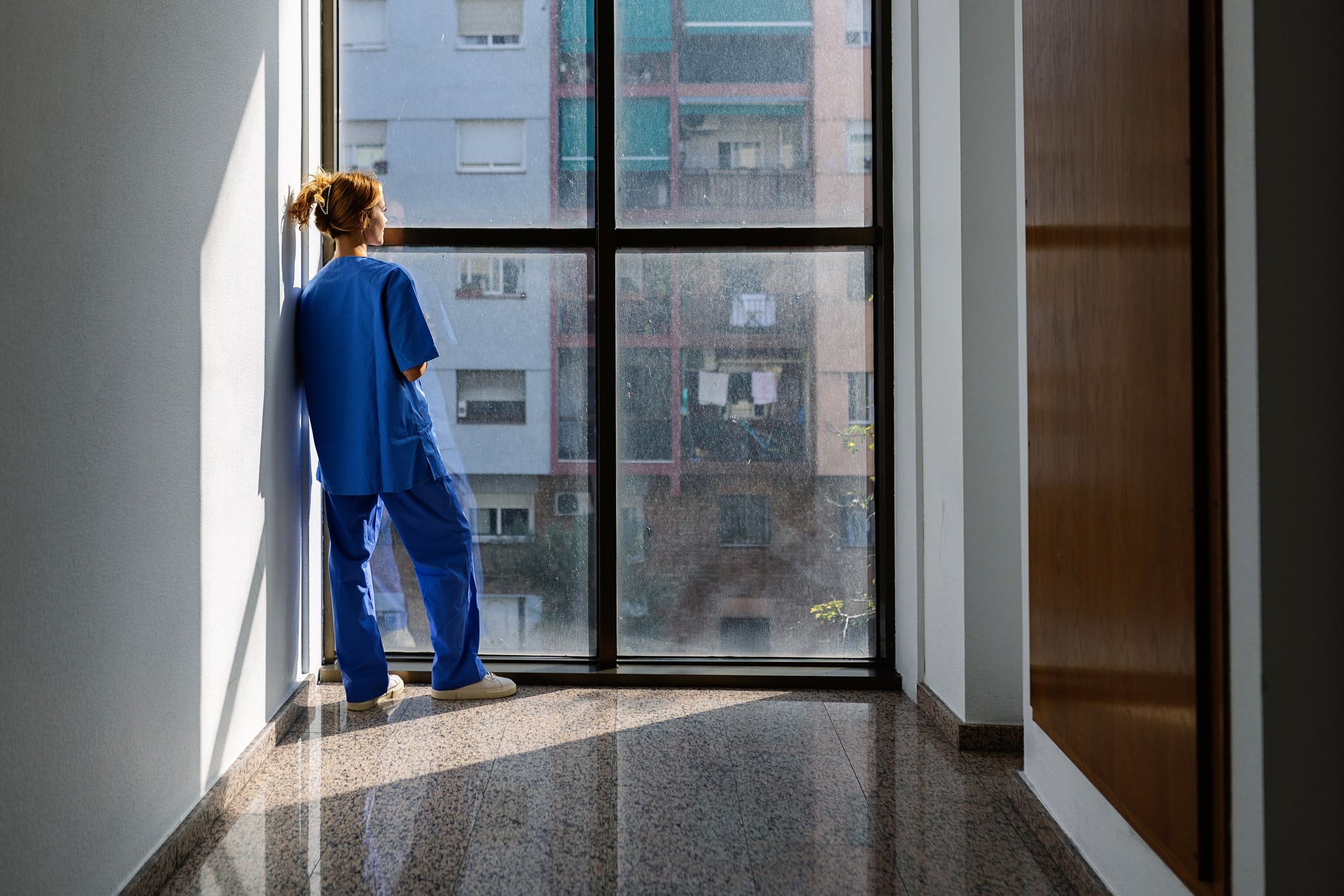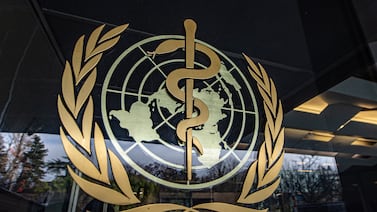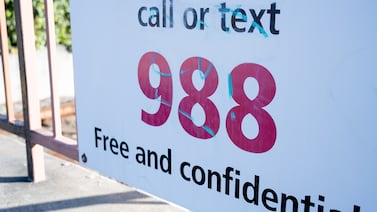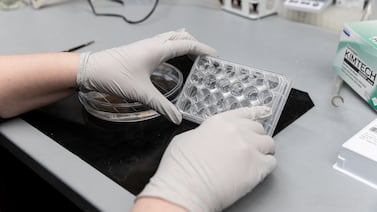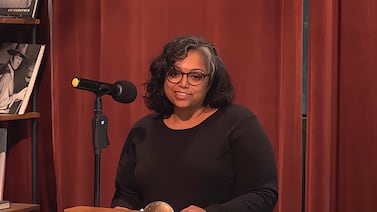Public health, explained: Sign up to receive Healthbeat’s free Atlanta newsletter here.
Nurses across America, Healthbeat wants to hear from you.
As we work to cover public health across the United States – and in our launch communities of New York City and Atlanta, with more to come – we’d like to learn about your experiences.
As community caregivers, nurses are among the most trusted professionals in the United States. We’re eager to get your insights.
If you’re a nurse willing to share your perspective, please take our survey at this link. It only takes 5 minutes, and you can participate anonymously if you wish.
What health needs do you see in the communities you serve? How is local media covering public health in your community? What stories deserve more attention?
You will be helping shape Healthbeat’s journalism. We will read every response. And as a thank you, five respondents will be chosen at random to win a gift card.
We appreciate your participation and sharing the survey with the nurses in your network.
Have a question? Reach us at community@healthbeat.org.

